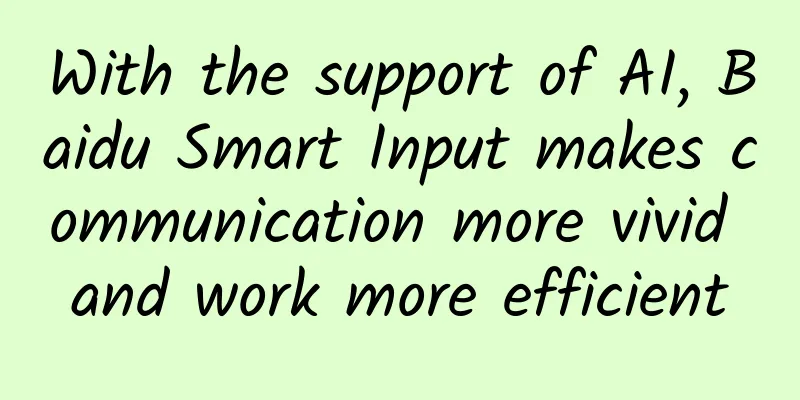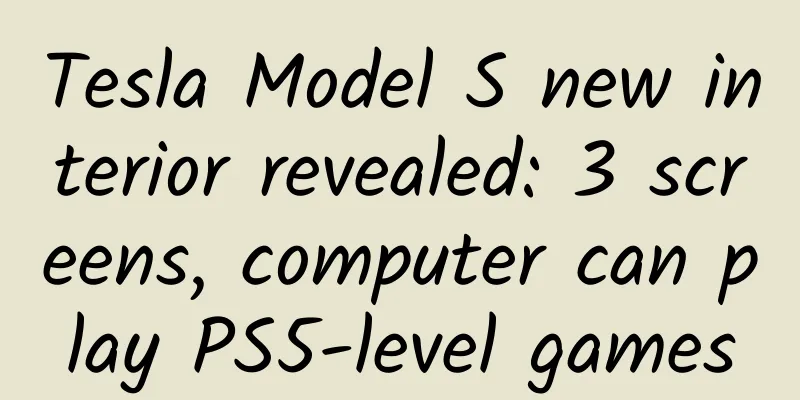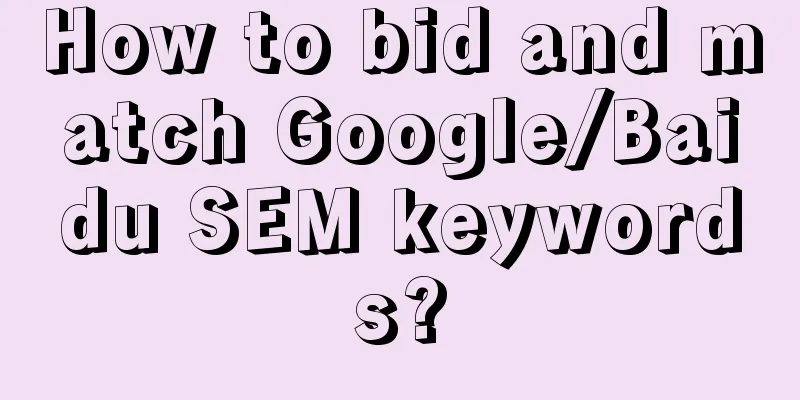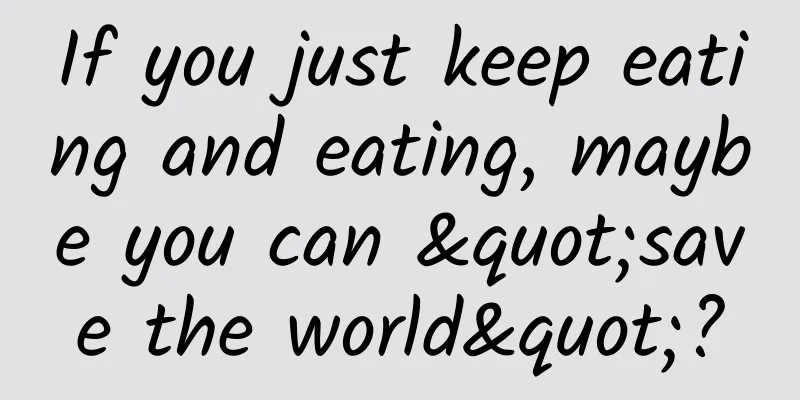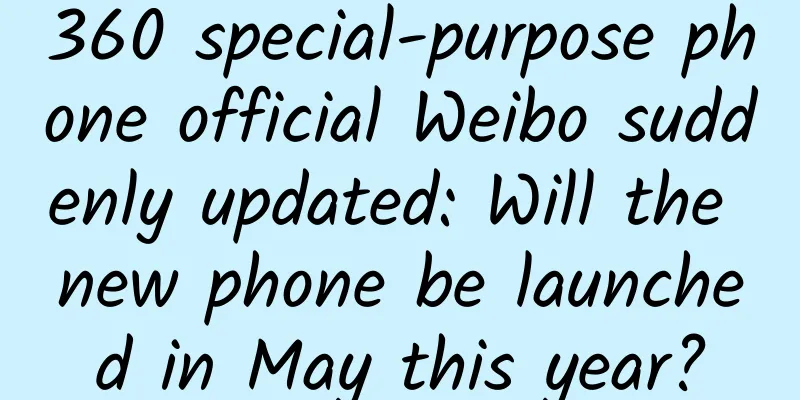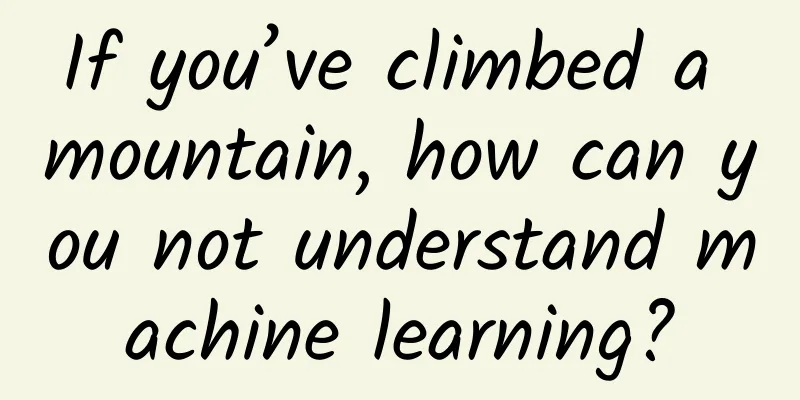Can AI become a patent inventor?
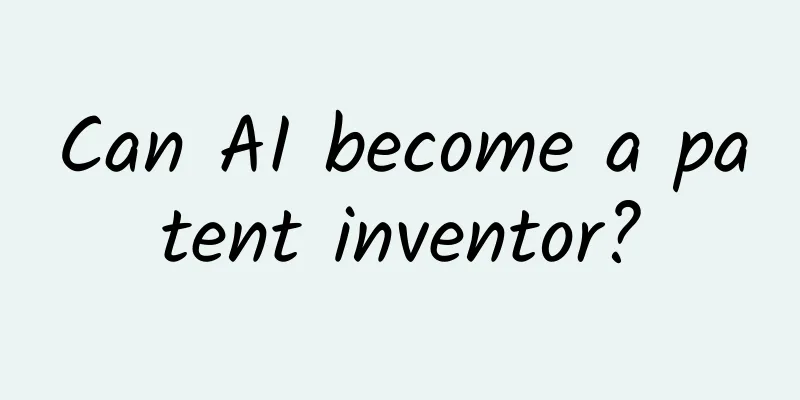
|
In the future, artificial intelligence may develop its own thinking and consciousness, and the impact on human society and the legal system will be unprecedented. Practice has proven that artificial intelligence has potential creativity in many fields, such as genetic programming, artificial neural networks, and legal robots. In recent years, with the continuous improvement of artificial intelligence algorithms and the continuous expansion of their application scope, AI has been able to make inventions that surpass humans, such as vaccine development, drug design, material discovery, space technology, and ship design. In the future, many new inventions may involve artificial intelligence. If artificial intelligence independently makes an invention, should we grant the machine a patent? In fact, this new challenge to intellectual property rights has become one of the biggest threats to the current patent system. In a recent commentary published in Nature, two academics from the University of New South Wales Sydney examined the impact of granting patents to artificial intelligence entities. Intellectual property law expert Associate Professor Alexandra George and artificial intelligence expert Professor Toby Walsh believe that existing patent laws are insufficient to handle such cases and hope that legislators will amend the laws on intellectual property and patents - which have been operating under the same assumptions for hundreds of years. Can AI be a patent inventor? In 2018, Dr. Thaler, an American AI researcher, submitted two patent applications to the United States Patent Office (USPTO) and the European Patent Office (EPO), respectively, and insisted that the two products were independently designed and invented by his own artificial intelligence DABUS. As a result, the US Patent Office and the European Patent Office rejected the patent applications for these two AI inventions. The reasons for the rejection were that under the current laws, only humans can apply for and hold patents. The reason given by the U.S. Patent Office is that for any product independently designed and invented by artificial intelligence, because AI is not a natural person, it has no right to be a patent inventor. However, as to who will ultimately own the patent rights for AI inventions, the laws of various countries have not yet clearly stipulated it. The US Patent Office proposed a compromise plan, which was to attribute the two product patents to Thaler himself, but Thaler and his Artificial Inventor Project (AIP) legal team flatly refused. In the case of DABUS, it is unclear whether the system was actually responsible for these inventions, since Dr. Thaler provided it with parameters within which to work. “Dr. Thaler was heavily involved in these inventions, first by posing the problems, then guiding the search for solutions to the problems, and then interpreting the results, but there is no doubt that you would not have come up with these inventions without this system,” Professor Walsh said. (Source: Illustration by Ana Kova) This is not the first time that artificial intelligence has played a role in coming up with new inventions. In the field of drug development, in 2019 AI created a new antibiotic, Halicin. "Halicin was originally developed to treat diabetes, but its effectiveness as an antibiotic was really discovered by AI," said Professor Walsh. George said attempts to patent inventions for computers or machines pose a challenge to existing law, which only considers humans or entities composed of humans as inventors and patent holders. “Even if we do accept that the AI system is the true inventor, the first big question is ownership. How do we determine who the owner is? The owner needs to be a legal person, and AI is not recognized as a legal person. If ownership is transferred to the AI inventor, then new questions arise: Is this person the author of the AI’s software development? Is this the person who purchased the AI software and trained it for their own purposes? Or is this the owner of the copyrighted material information that was fed into the AI?” Challenging the patent system Inventions generated by AI challenge the patent system in a new way because the question becomes “who” invented the invention rather than “what was invented.” The first and most pressing question facing the Patent Office for such inventions is whether the inventor must be human. If it is acceptable that the patent inventor is not human, then artificial intelligence may soon generate a huge number of patents, so that AI invention patents will soon overwhelm the patent system designed for humans. Another challenge is more fundamental. An invention can only be considered "inventive" if it is considered "non-obvious" by a "person skilled in the art." And those who make these judgments need to have the average skill level and general knowledge of an ordinary expert in the relevant technical field. But if AI becomes more knowledgeable and skilled than all humans in a field, how can human patent examiners assess whether AI’s inventions are obvious? An AI system designed to review all published information about a field of technology before it is invented will have a body of knowledge far greater than any human. Evaluated against all that knowledge, almost everything will appear obvious. If such AI tools are available to everyone in the future, the “inventive step” standard for patentability will become almost impossible to achieve, as almost nothing non-obvious will be patentable, which will lead to a complete rethinking of the patent system. (Source: Pixabay) Regardless of the controversy, both authors of the Nature commentary argue that regulatory agencies around the world need to modernize the legal structures that determine whether AI systems can receive intellectual property protection. They suggest introducing a new “special” form of intellectual property law — call it “AI-IP” — specifically for inventions generated by AI. They argue this would be more effective than trying to retrofit and shoehorn AI inventions into existing patent law. Looking ahead, after examining the legal issues surrounding AI and patent law, the authors are currently working to answer the technical question of how AI will invent in the future. Dr. Thaler has also sought “special leave to appeal” from the High Court of Australia regarding DABUS. It remains to be seen whether the High Court will agree to hear the case. In the meantime, the case continues in a number of other jurisdictions around the world. References: https://www.nature.com/articles/d41586-022-01391- https://newsroom.unsw.edu.au/news/business-law/when-machine-invents-things-humanity-who-gets-patent |
>>: Red alert, severe flood! The highest water level ever measured!
Recommend
What are the specific customs of the Dragon Raising its Head on February 2? Do you know when to get a haircut? Detailed explanation in one article!
Tomorrow is the second day of the second month of...
Snakes in the Year of the Snake | A land of women among snakes? Like hot springs? These snakes actually have special skills
In the Late Jurassic more than 100 million years ...
Taking WeChat Reading as an example: 3 steps to effectively implement user growth strategy!
Nowadays, the work of product and operation is be...
Android and Chrome merge, a win-win for developers and Google
[[122279]] For a long time, developers have often...
The road to App componentization/modularization - building a development architecture idea
App componentization/modular development architec...
Android source code: Get a list of cities across the country similar to contact sorting
Functional classification: Tools Supported platfo...
[PP Assistant Special Self-Recommendation Issue 1] Don’t miss the opportunity to bring volume to Android for free!
PP Assistant seeks comprehensive benefits for dev...
The Eighteen Martial Arts of Operations: Life Cycle
We all know that operation is a meticulous and co...
Forbes: Why did Apple abandon GT Advanced?
Introduction: Forbes magazine published an articl...
Price inquiry for customized glasses mini program in Jilin. How much does customized glasses mini program in Jilin cost?
There are two types of customization of Jilin Gla...
Crocodile: The misunderstood “game”
Some people think that crocodiles are just ugly &...
Baidu promotion video information flow advertising display style - Feed post-patch
Information flow advertising style - Post-feed pa...
National Botanical Gardens Guide! This "ancient species" that has lasted for tens of millions of years is blooming now~
Audit expert: Shi Jun Doctor of Botany, well-know...
Apple iOS 14.5/iPadOS 14.5 official version released: iPhone 12 5G optimization, AirTag "Find", App tracking transparency, iPhone 11
IT Home reported on April 27 that one week after ...
Breakdancing is included in the Paris Olympics? Do you want to dance?
Speaking of breakdancing What can you think of? B...

